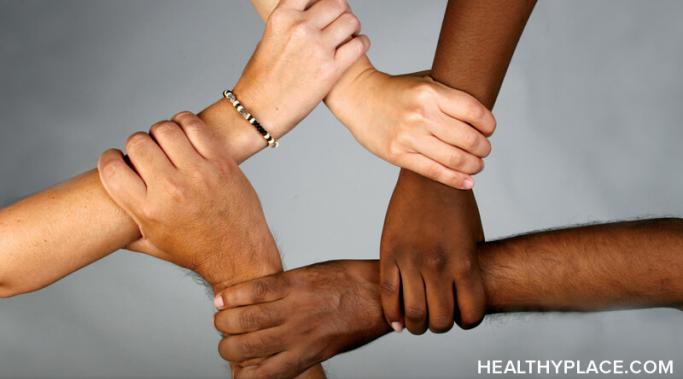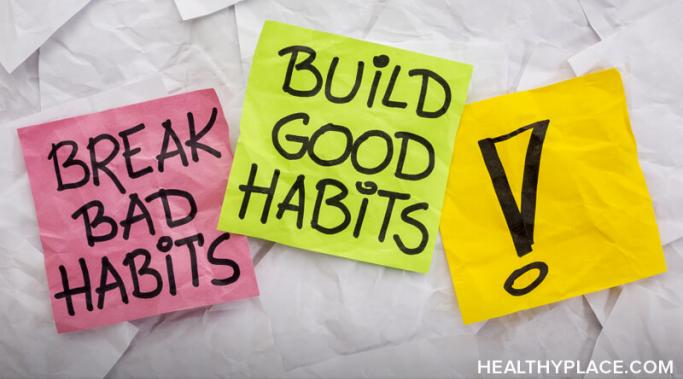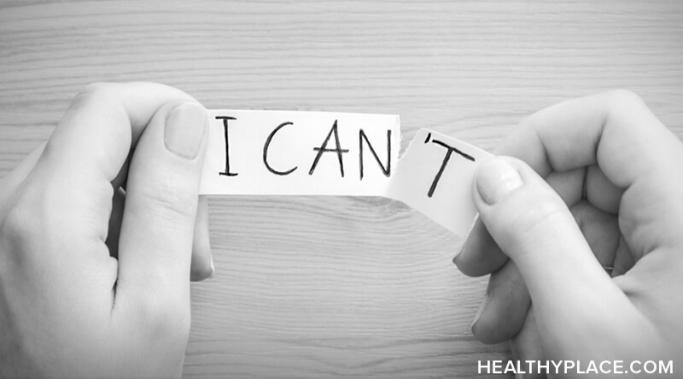Blogs
This is your reminder to continue to use your support system over the holidays. I say this for a specific reason. Sometimes, the holidays make our bipolar support system more accessible, it's true, but then, sometimes, the holidays make them less. We visit the people we don't normally see over the holidays, and they may not be part of our trusted circle. If we're going out of town, for example, the people we rely on may disappear for a time. But we need to continue to connect with our support system over the holidays.
Gambling addiction is fueled, in part, by the advertising and marketing that pushes that product. The gambling industry continues to experience remarkable growth year on year, partly due to the proliferation of online gambling and also due to marketing and advertising efforts. Gambling advertising and marketing shape consumer behavior, but where does the line lie when it comes to navigating responsible practices?a
I have anxiety after verbal abuse. One tool I've picked up from my years of therapy is using words of affirmation. I think how you talk to yourself can help reinforce positive beliefs and improve your self-esteem. I've been using this strategy for years now to help heal from verbal abuse. However, more recently, I've noticed that it can also help calm my anxiety even when I'm not facing verbal abuse.
Today I'm reviewing the queer app Lex. There are quite a few dating apps out there that the lesbian, gay, bisexual, transgender, queer, plus (LGBTQ+) community can use, but this is one of my favorites. It's a text-based dating app based on old lesbian personal ads looking for love and sex. The Lex app allows each user to include one photo, but it primarily functions off of short blurbs that are around 300 characters and a title. While it started focusing on love and sex, it has morphed into a queer social app with just about everything for everyone, including a myriad of queer community and social events. Today, I'll share three things I love and three things that could be better in my review of the queer app Lex.
It's hard to believe that 14 months ago, I wrote my first blog for "Creative Schizophrenia." It seems like a month or two ago. That is the way with time as we get older, though. It slips away so quickly, almost as if it speeds up. After over a year of writing for this blog, it is time for me to move on and pursue other writing opportunities. This experience has been rewarding, and I don't take it for granted. I want to leave you with my hopes for all of you in 2024 and beyond.
As someone living with borderline personality disorder (BPD), unanswered text messages can feel agonizing. Living in a digital age where communication is often instantaneous, the absence of a response to a text message can trigger anyone. For us with BPD, the fear of abandonment and sensitivity to perceived rejection can intensify these emotions, leading to heightened distress. I will explore why unanswered text messages may dysregulate someone with BPD and offer personal strategies to help overcome anxiety by considering alternative perspectives.
I'm focusing on not drinking soda. Many people have different habits and addictions that they turn to during stressful times. Some common ones include social media, Netflix, alcohol, food, and drugs. In this post, I discuss how my habit of drinking Diet Coke affects my life. I also share four ways that I plan on using to stop drinking soda.
Battling self-doubt during trauma recovery can feel like an impossible feat. In my experience with posttraumatic stress disorder (PTSD), self-doubt is one of my most difficult struggles. I often compare myself to other people, second-guess my decisions, and pick myself apart until I feel unworthy and powerless. The vicious cycle of self-doubt in trauma recovery can be debilitating at times.
I control my daydreaming to lessen depression. I know "controlling your daydreaming" sounds a bit odd, but I've found that most mental processes can be controlled to some extent by paying attention. Interestingly, a new study has come out suggesting I had the right idea all along. If you control your daydreaming, you might reduce depression.
Now, I have therapy skills for my schizoaffective disorder, but that wasn't true when I was younger. My first psychotic episode hit 25 years ago this holiday season, when I was a student at the Rhode Island School of Design (RISD). I was only 19 years old—terrified and somewhat unaware of what was happening. I’ve grown up a lot since then. You can grow and change while living with a mental illness. I know because I did, and my mental illness changed with me. What helped me and my schizoaffective disorder grow up, along with medication, are skills I learned in therapy. Here are some of the ones I found to be most helpful.









